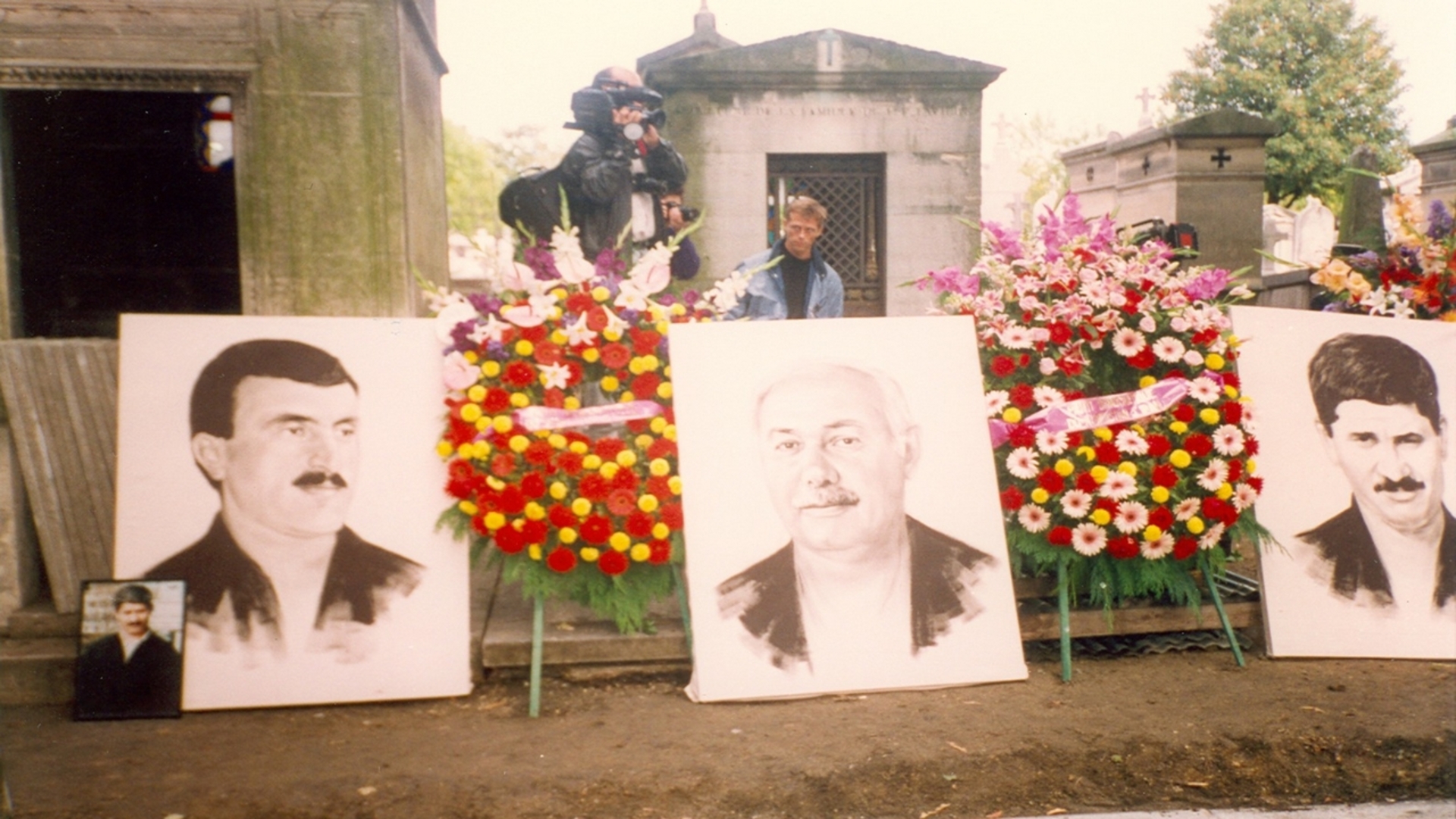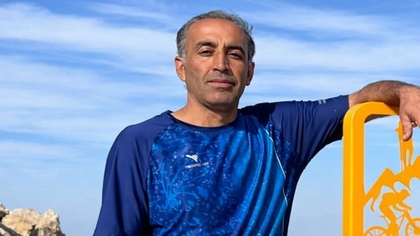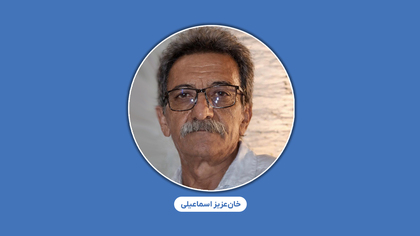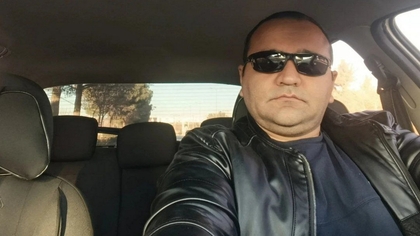28th Anniversary of the Mykonos Trial Verdict: Official Exposure of State-Sponsored Assassinations by the Islamic Republic on European Soil

The Mykonos Assassination: A Crime Amid Political Dialogue for Which the Islamic Republic Has Yet to Be Held Accountable
Today, April 9, 2025, marks the 28th anniversary of the landmark verdict in the Mykonos trial — the first time in Europe that senior officials of the Islamic Republic of Iran were publicly accused and held responsible for orchestrating and executing political assassinations abroad.
The Mykonos Assassination: A State-Orchestrated Crime Amid Informal Political Talks
On the night of September 17, 1992 (26 Shahrivar 1371), agents of the Islamic Republic carried out a targeted armed attack at the Mykonos restaurant in Berlin, Germany. During ongoing informal political discussions with the Islamic Republic, they assassinated three leaders of the Democratic Party of Iranian Kurdistan and one independent political activist:
• Dr. Sadegh Sharafkandi, Secretary-General of the Democratic Party of Iranian Kurdistan
• Fattah Abdoli, Member of the Party’s Central Committee
• Homayoun Ardalan, Party Representative in Germany
• Along with Nouri Dehkordi, an independent political activist
This attack occurred during the Congress of Socialist International Parties in Berlin and drew widespread media and international attention.
The Mykonos Trial: A Turning Point in International Law
One year after the assassinations, Kazem Darabi (an Iranian citizen linked to the Islamic Revolutionary Guard Corps and the Ministry of Intelligence) and four Lebanese nationals were arrested for their involvement in the attack.
The trial began in November 1993 (Aban 1372) and lasted five years, encompassing 247 court sessions, with testimony from 170 witnesses and costing over 9 million Deutsche Marks. It became one of the longest and most significant political-judicial cases in Europe since World War II.
On April 10, 1997 (21 Farvardin 1376), the court issued its final verdict:
• Kazem Darabi and Abbas Rhail: Life imprisonment
• Yousef Amin: 11 years in prison
• Mohammad Atris: 5 years in prison
• Atallah Ayad: Acquitted
The Assassination Ordered by Iran’s Highest Leadership: A State Policy to Eliminate Dissent
Evidence presented during the trial showed that a special committee, referred to as the “Committee for Special Affairs”, at the highest levels of the Iranian government had ordered the assassination. The court explicitly stated that this committee included:
• Ali Khamenei, Supreme Leader of the Islamic Republic
• Akbar Hashemi Rafsanjani, then-President
• Ali Akbar Velayati, then-Foreign Minister
• Ali Fallahian, then-Minister of Intelligence
Presiding Judge Frithjof Kubsch and Prosecutor Bruno Jost concluded, based on testimonies and intelligence documents, that the assassination was part of the Islamic Republic’s official policy to eliminate political opponents abroad.
Political and International Consequences of the Mykonos Case
The 1997 verdict was a historic milestone in how European courts addressed state-sponsored terrorism by the Islamic Republic. It marked the first time a European court formally and evidentially identified senior state officials as responsible for acts of terrorism on European soil.
In response:
• European Union member states recalled their ambassadors from Tehran.
• Iran’s diplomatic relations with Europe entered a period of severe crisis and semi-suspension.
• The international credibility of the Islamic Republic was severely damaged.
The Mykonos ruling became a legal precedent and documented evidence for identifying and exposing Iran’s transnational assassination network.
Denial and Evasion by the Islamic Republic
Despite the historic nature of the verdict, the Islamic Republic of Iran refused to accept responsibility, denouncing the trial as a “political show” and portraying it through official media as a “Zionist-Western conspiracy.”
None of the named high-ranking officials from the Committee for Special Affairs were ever held accountable:
• Ali Khamenei remained Supreme Leader.
• Akbar Hashemi Rafsanjani continued to hold influential decision-making roles until his death.
• Ali Akbar Velayati and Ali Fallahian retained or rose to other high-ranking positions in the regime.
To this day, no apology, compensation, or official accountability has been offered for this crime. This continued silence and denial reflect the ongoing policy of the Islamic Republic toward silencing dissent and obstructing justice.



